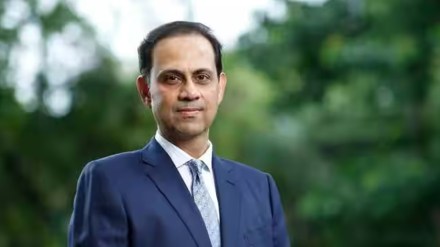Entrepreneurs today have easy access to capital to build top-class companies but it also creates challenges for startups, Sanjiv Bajaj, chairman and managing director, Bajaj Finserv, said. Bajaj said there was a dark side to private equity that was structural in the model, which is that money eventually belonged to a set of investors who want their money back in a defined period.
“When you have a venture capital or private equity investor that is funding 20, 30,40, 50 companies, he or she knows each one of this is not going to be successful. So the few they see can be successful, they chase size so that they can take it to a particular valuation exit and make money for their investors,” Bajaj said.
“Unfortunately, what that does is brings a whole set of additional pressure on the founders as they will not have the capability of building a business out as fast or have the management systems and so are not able to build a profitable model. That is the negative result of this is what you are seeing at this point,” Bajaj said.
Bajaj was speaking on entrepreneurship across eras in Pune at the launch of the Marathi translation of the book ‘The Making of Hero: Four Brothers, Two Wheels and a Revolution that Shaped India’ by Sunil Kant Munjal and organized by the Pune International Centre.
He urged startups to be frugal as companies that were successful in the long term were all frugal companies. Every rupee saved goes to customers, employees or shareholders. Bajaj cited examples of companies such as Infosys and Amazon that were huge companies but were exceedingly frugal. Being frugal was about intelligently removing waste, Bajaj said.
However, he acknowledged that access to capital had made a big difference for entrepreneurship. “Earlier, either you were part of larger family businesses or associated with a multinational or waited months and months outside the bank branch to get a loan,” Bajaj pointed out.
In the past, entrepreneurs started businesses in their city and grew them over some time but today startups, within three years, are all over the country, if not all over the world. Global access has dramatically changed the entrepreneurial opportunity today,” Bajaj said.
